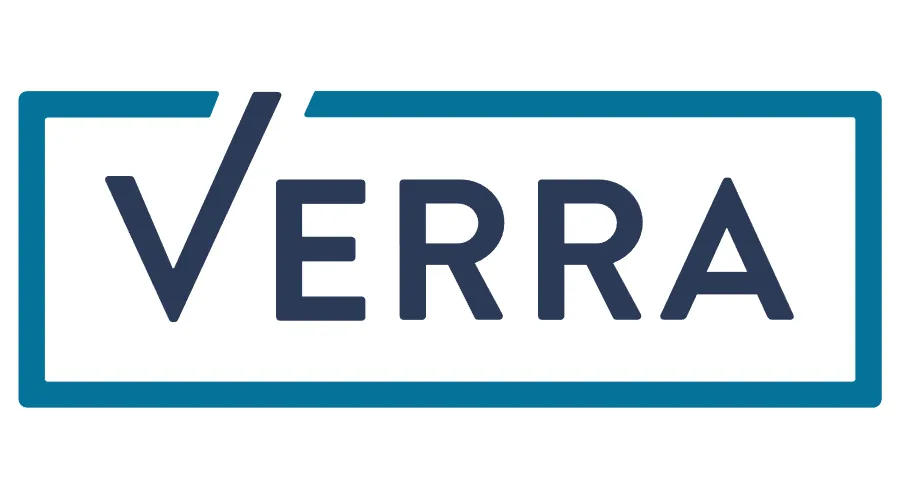
The fight against climate change is a constant uphill battle. However, along with climate change comes the challenge of changing people's attitudes towards climate change. According to a study conducted by the University of Michigan, nearly 15% of Americans don’t believe in climate change. With this large group of people denying the obvious, achieving full potential towards mitigating climate change will be difficult. Thus, human behaviour plays a critical role in creating change. Understanding the psychological barriers to climate change and identifying behavioural changes is essential to changing the mind to take on climate change.
Understanding Psychological Barriers to Climate Action
Climate action is largely hindered by the human mind, and psychological barriers. This section explores some of the possible reasons for climate inaction based on how the brain works to solve problems.
- Present Bias: Humans often favour short-term gains over long-term positive impacts. This can be seen when we talk about the attitude towards climate change, not just in individuals but also with big corporations, prioritising profit over systemic change.
- Hopelessness and Fear: Many people feel hopeless and fearful, which makes them demotivated as they believe their actions will not have concrete outcomes. The magnitude of the crisis leads to feelings of helplessness and despair, hindering engagement.
- Bystander Effect: Climate change seems to many humans as a problem that is out of their scope to solve, making them feel that others around them will be able to handle the situation, thus demotivating them to take action. When everyone begins to think in a similar manner, the problem doesn’t get solved.
- Optimism Bias: Many people believe that their actions at an individual level can’t affect climate change. This makes them continue the same behaviour and spread the same attitude to others.
- Cognitive Dissonance: Humans might be aware of the urgency of climate change yet continue engaging in unsustainable behaviours. This dissonance creates an internal conflict, leading to discomfort and a desire to reduce it.
- Social Norms: Although people are aware of climate change, they may be less inclined to making changes due to the need to abide by social norms or the indifference towards changing their lifestyle for the better.
- Denial and Distance: Some believe that climate change is not happening, while others believe that its too far in the future and thus are unwilling to make changes in their behaviour. This is furthered by using data that will confirm their beliefs and ignore other facts that go against them.
Strategies to Overcome the Barriers
- Focus on the solution: Instead of solely presenting the negative consequences of climate change, emphasise the positive impact individuals can make through concrete actions. Highlight a variety of achievable actions, catering to different interests and lifestyles. This empowers individuals to choose solutions that resonate with them.
- Positive Framing: Highlight the personal advantages of sustainable living, such as improved health, financial savings, or increased community engagement. Showcase the positive aspects of sustainable living, like healthier food, cleaner air, and a more connected community.
- Empathy and Understanding: Recognise the fear, anxiety, or hopelessness individuals might feel regarding climate change. Create a safe space for open dialogue and understanding.
- Clear and Concise Messaging: Avoid technical jargon and complex language. Use clear, simple, and easy-to-understand terms that resonate with the audience. Refrain from overloading the audience with information. Tailor the message to resonate with the specific values, concerns, and cultural context of the target audience.
Sustainiam not only integrates these strategies into their services, but makes their own strategies to overcome these barriers. By spreading the values of innovation, conservation, collaboration, and accountability through their work, products, and services, Sustainiam aims to break these barriers to better the future. Sustainiam's products and services promote ease of action by providing easy-to-use platforms and customisable services. These strategies can be supplemented with integrating green education into schools and colleges, better infrastructure, and green policies to inform every citizen of the need for action. The behavioural change will take time, nevertheless its an essential part of the journey. Thus, we need to bring change not only in the environment but also in the minds of people.














